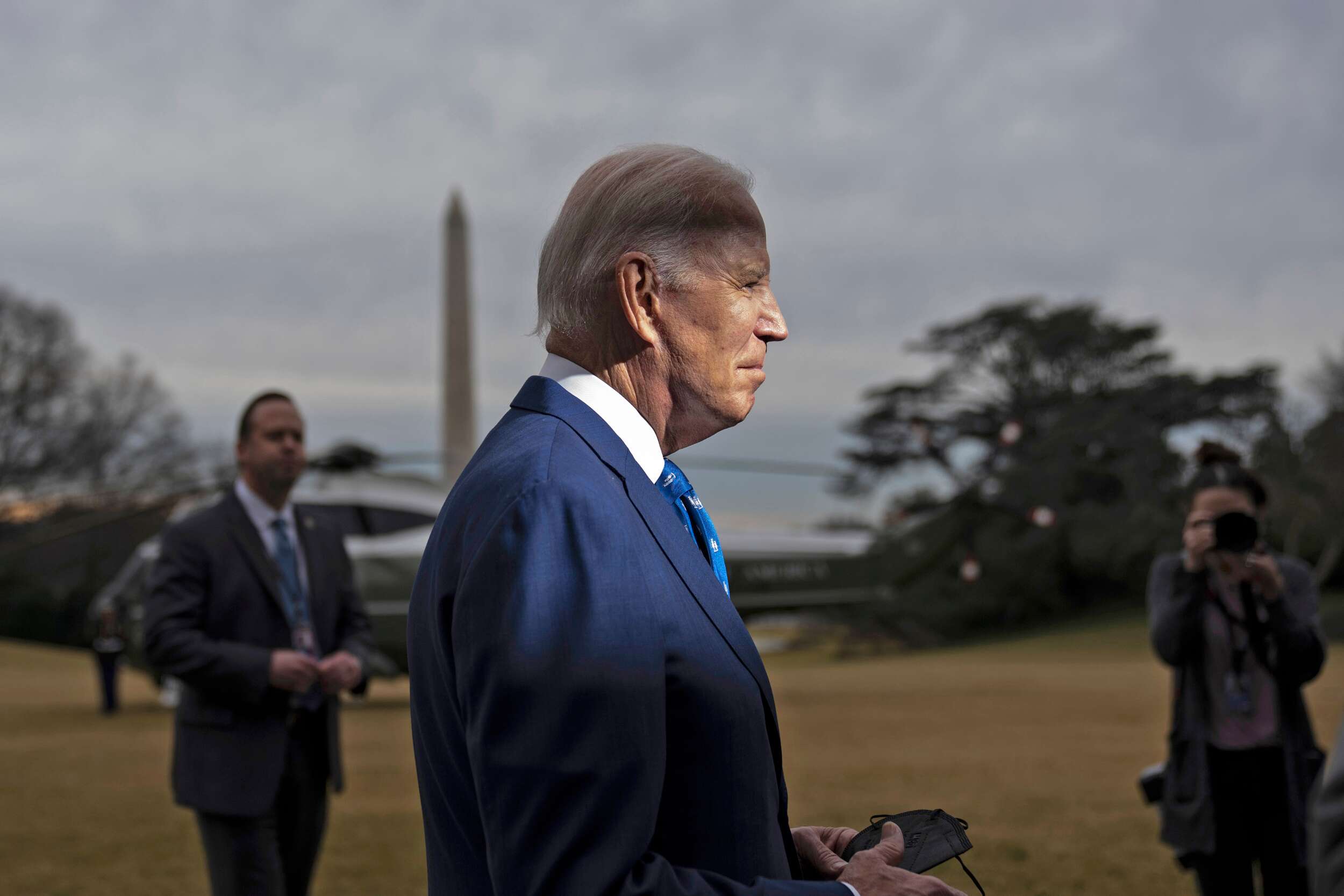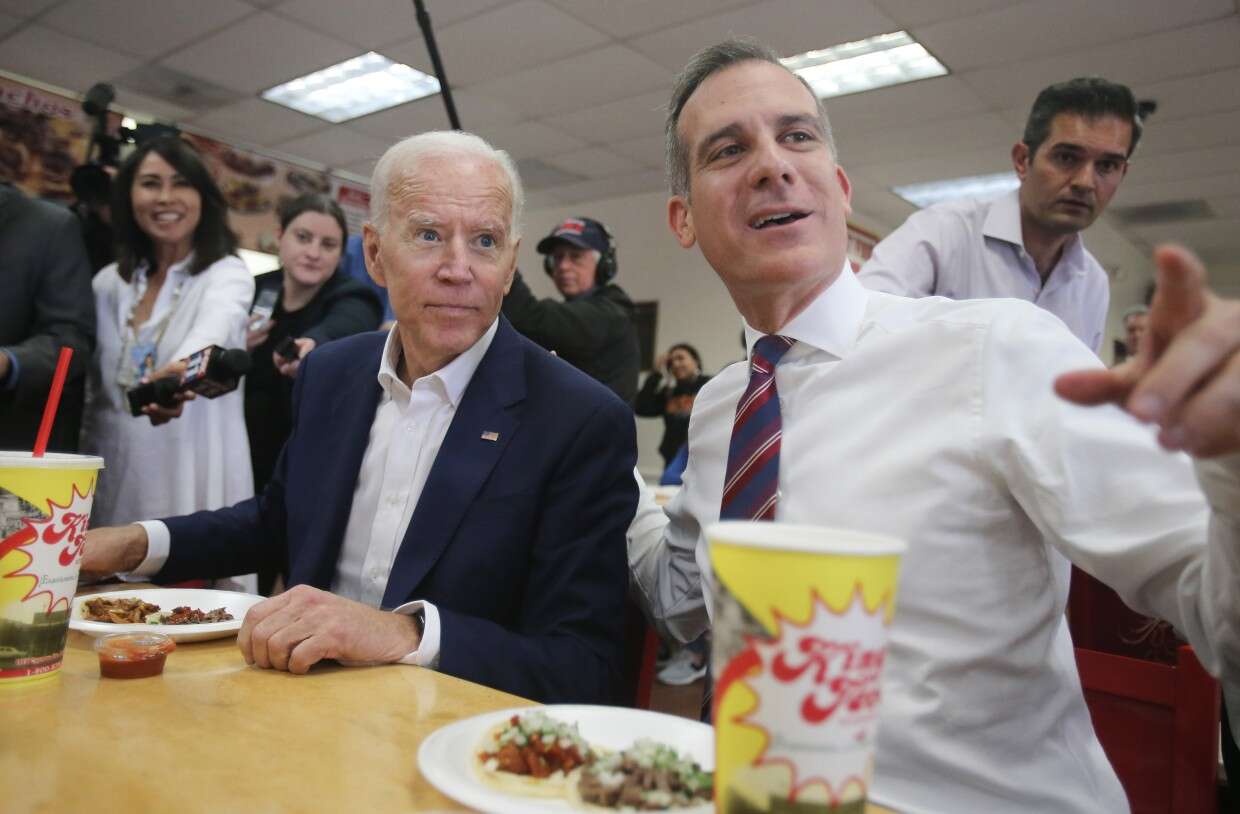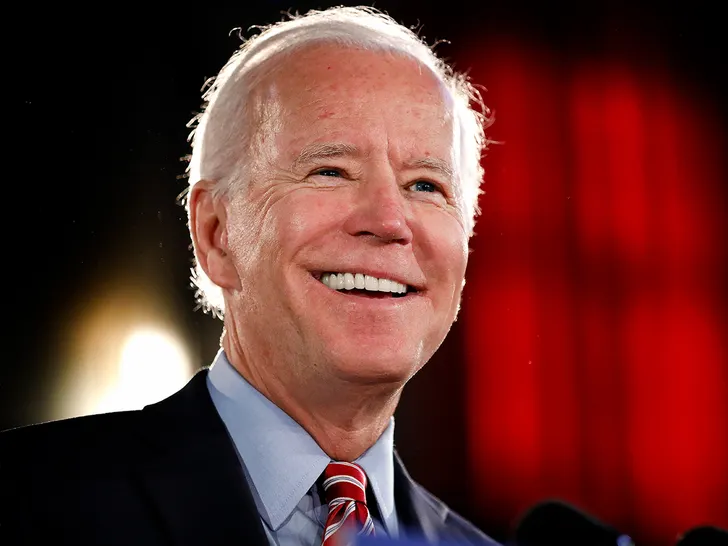
According to authorities, Mark Frerichs, an Illinois Navy veteran, was apprehended on the streets of Kabul by the Haqqani network in 2020.
A senior administration official said that Navy veteran Mark Frerichs was released after two and a half years in captivity in Afghanistan as part of a prisoner swap personally ordered by President Joe Biden.
After months of talks with the Taliban, Biden decided to reduce the sentence of an Afghan drug lord, Bashir Noorzai. The latter was convicted in 2008 of directing a significant heroin smuggling operation into New York City.
The Taliban announced the agreement overnight, and Noorzai appeared at a press conference in Kabul the next day.
“Any president would find this difficult to make,” one administration official said. “There is just no symmetry between Mark, who did nothing wrong… and Noorzai, who had full access to the American court system.”
According to the official, Biden informed Frerich’s sister, Charlene Cakora, of the news early this morning.
Frerichs, 60, is a civil engineer from Lombard, Illinois, formerly employed as a contractor. He was the final American captive on the Biden White House’s radar before U.S. soldiers left Afghanistan a year ago.
There is no evidence that Noorzai killed Americans. However, federal authorities said his drug-smuggling network caused significant harm. He once controlled a major portion of the global heroin trade and has been compared to Colombian cocaine drug lord Pablo Escobar.
According to authorities, Frerichs was apprehended in the streets of Kabul by the Haqqani network in 2020. In recent years, it has become evident that the Taliban demanded Noorzai’s release in exchange for the release of the American.
According to the official, Biden decided to sanction the release in June. He stated that the U.S. operation in August to assassinate al Qaeda head Ayman al Zawahiri in Kabul did not appear to hinder the discussions.
According to Justice Department records, Noorzai had been making heroin in Afghanistan for sale in the United States since the 1990s and assisted Taliban commander Mullah Omar in gaining power. According to the Justice Department, he lent roughly 400 of his forces to the Taliban in 2001 to combat the Northern Alliance.
He was detained in New York in 2005 after arriving in the country under the impression that he was supplying intelligence to the U.S. government, a turn of events that his attorneys would subsequently term a betrayal.
“We are working very hard as a government not just to resolve current cases, but also to punish, and by punishing, deter future cases,” the senior administration official stated.




